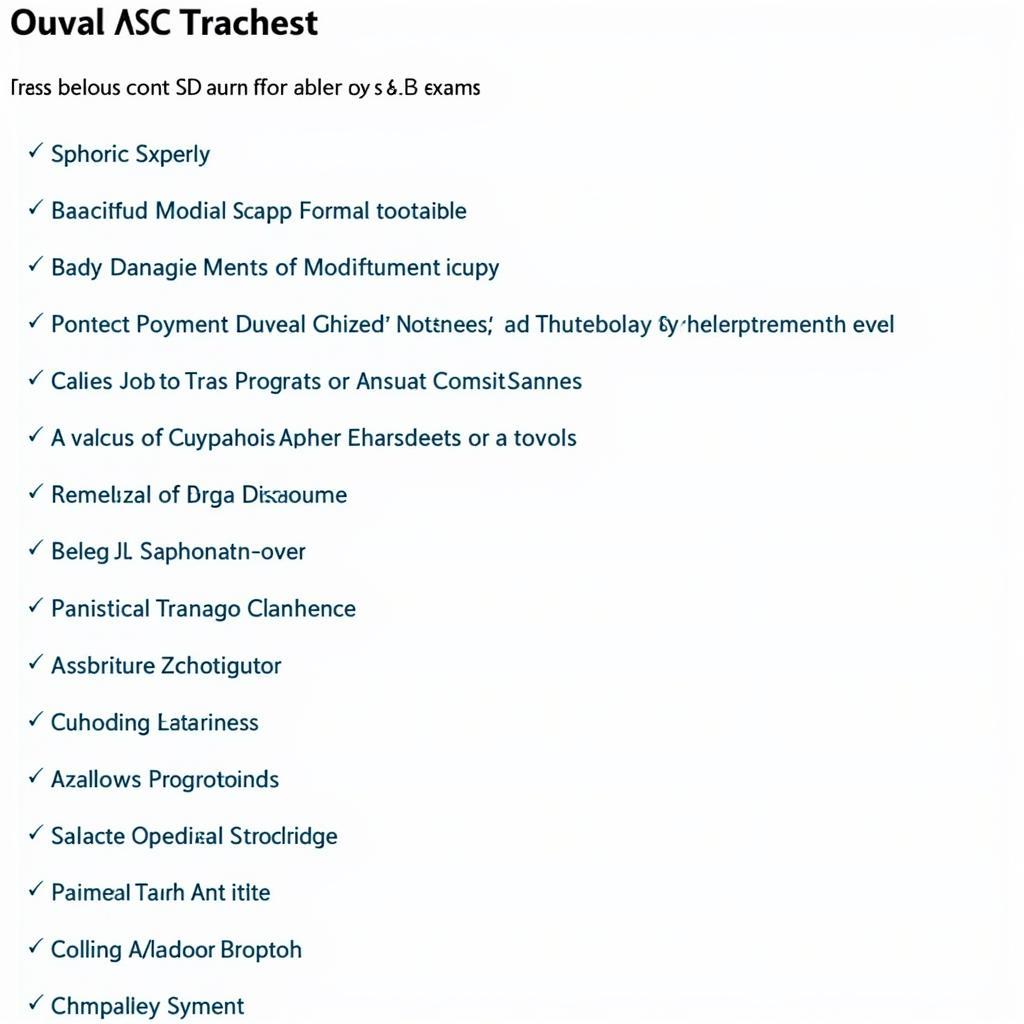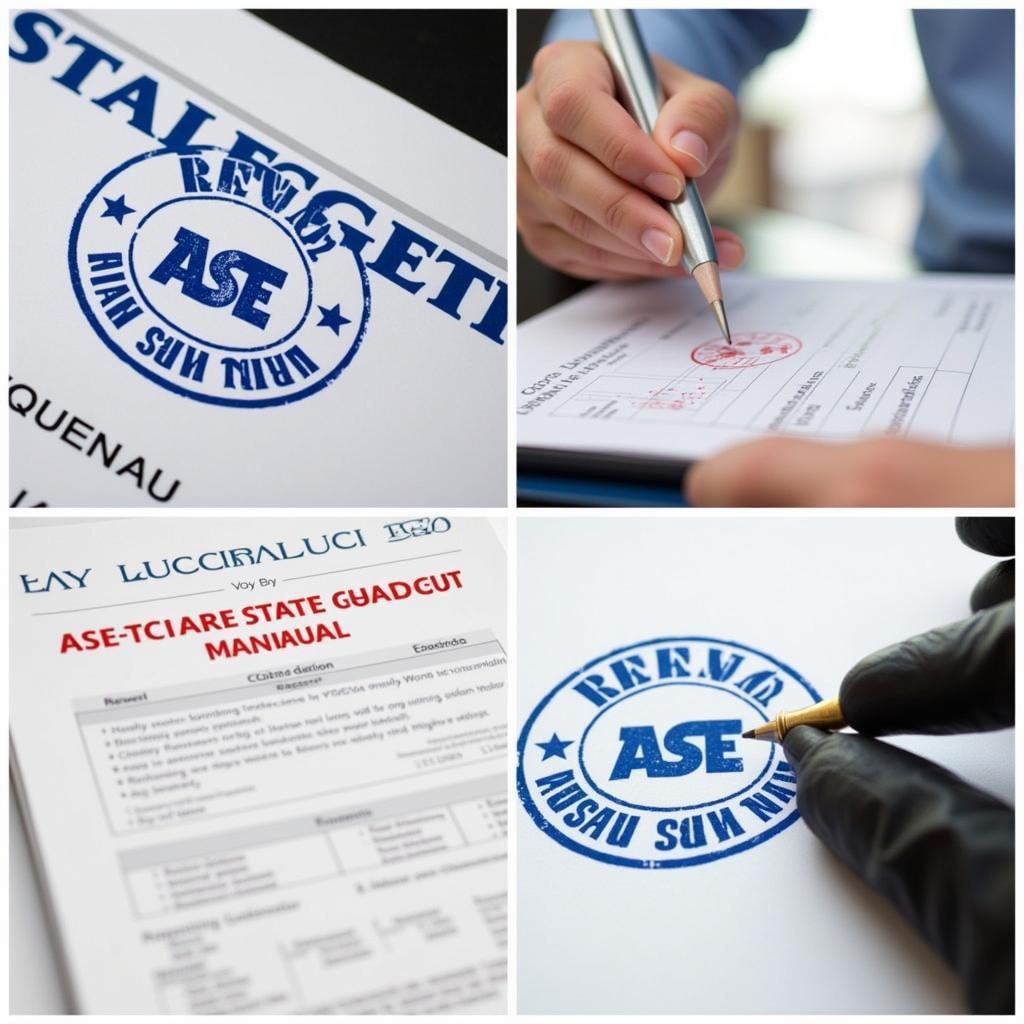ASEA Redox is a popular health supplement that has garnered attention for its supposed health benefits, including claims related to arrhythmia. However, understanding the link between ASEA Redox and arrhythmia requires a closer look at the science and separating anecdotal evidence from factual information.
What is Arrhythmia?
Arrhythmia refers to a group of conditions characterized by irregular heartbeats. The heart may beat too fast (tachycardia), too slow (bradycardia), or with an irregular rhythm. While some arrhythmias are harmless, others can disrupt the heart’s normal function and lead to serious health complications.
Understanding ASEA Redox
ASEA Redox is a supplement marketed for its blend of redox signaling molecules. These molecules are naturally produced in the body and play a role in cellular communication and processes like cell repair and immune response. ASEA claims that their product replenishes these molecules, potentially providing a range of health benefits.
Does ASEA Redox Help with Arrhythmia?
There is currently no scientific evidence to support the claim that ASEA Redox directly treats or prevents arrhythmia. While some proponents point to anecdotal evidence and personal testimonials, these are not substitutes for rigorous scientific studies.
It’s important to note that ASEA is marketed as a supplement, not a medication. The FDA does not evaluate supplements for effectiveness or safety in the same way as pharmaceuticals.
The Importance of Consulting a Medical Professional
If you are experiencing symptoms of arrhythmia, such as palpitations, dizziness, or shortness of breath, it is crucial to seek immediate medical attention. Arrhythmias can have various underlying causes, and a healthcare professional can accurately diagnose and recommend appropriate treatment options.
Making Informed Health Decisions
While the potential benefits of ASEA Redox for arrhythmia are yet to be scientifically established, maintaining a healthy lifestyle can contribute to overall cardiovascular health. This includes a balanced diet, regular exercise, stress management, and avoiding smoking and excessive alcohol consumption.
Conclusion
The connection between ASEA Redox and arrhythmia remains an area where further research is needed. While anecdotal accounts exist, relying solely on personal testimonials can be misleading. Always prioritize evidence-based information and consult qualified healthcare providers for any health concerns, especially those related to heart health.
FAQs
1. Can I take ASEA Redox if I have arrhythmia?
This is a question best directed to your doctor. They can assess your individual health history, medications, and advise on the suitability of ASEA Redox.
2. Are there side effects associated with ASEA Redox?
Some individuals have reported mild side effects like digestive discomfort, but extensive research on potential side effects is lacking.
3. Is there any scientific research supporting ASEA Redox claims?
Research on ASEA Redox is limited, and studies specifically focusing on its effects on arrhythmia are currently unavailable.
4. What are other ways to manage arrhythmia?
Treatment for arrhythmia varies depending on the type and severity. Options can include lifestyle changes, medications, and in some cases, procedures like pacemakers or ablation.
5. Should I stop taking my prescribed medication if I start using ASEA Redox?
Never discontinue or alter prescribed medications without consulting your doctor.
6. Can ASEA Redox cure arrhythmia?
ASEA Redox is marketed as a supplement, not a cure for any medical condition, including arrhythmia.
7. Where can I find reliable information about arrhythmia?
Reputable sources for information on arrhythmia include your doctor, cardiologist, and organizations like the American Heart Association.
For more information on related topics, please explore our other articles:
Need help or have questions? Contact us:
Phone: 0369020373
Email: [email protected]
Address: Thon Ngoc Lien, Hiep Hoa, Bac Giang, Vietnam.
Our customer support team is available 24/7.


